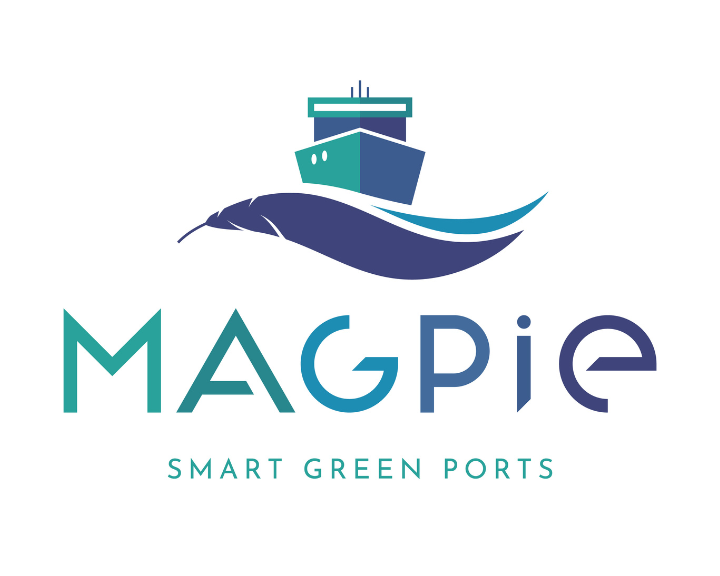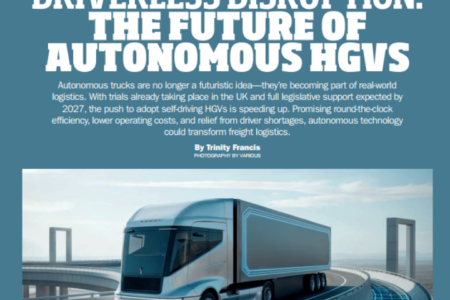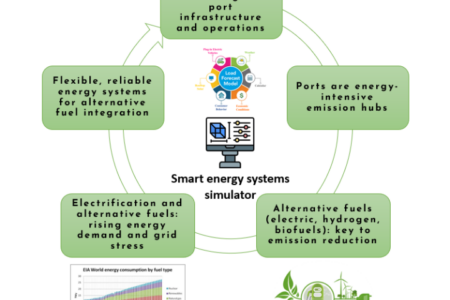
On September 18th, the MAGPIE Consortium will participate in its second Demonstrator Transferability Session. During this online session, demonstrator leaders will present their demonstrators and their transferability potential to the four MAGPIE ports – Rotterdam (lighthouse port) (Netherlands), HAROPA (France), Deltaport (Germany), and Sines (Portugal) and the leaders of Work Packages 7, 8, and 9, who will lead the discussion. These three work packages are respectively in charge of identifying the non-technological measures to facilitate uptake of MAGPIE solutions, monitoring and conducting the impact assessment, and elaborating the Master Plan for European Green Ports.
The key questions for the workshop are: What is the minimum requirement for a port to implement a demo? What barriers need to be considered? How does the local context affect the demo results? What does this mean for scaling up to other ports (outside of Rotterdam) or larger quantities? In what context and environment does a demo truly make sense and have an impact? Is the above specific to the demo, or does it also apply to directly competing technologies/developments?
During this session, which follows the one that took place in July this year and included the other demonstrators of the project, the following demonstrators will present:
- Demo 2: smart energy systems (Pedro Vergara or Neda Vahabzad of TU Delft)
- Demo 3: shore power peak shaving (Catherine Eeckels of TNO)
- Demo 5: offshore charging buoy (Evert Han Huernink of Bluewater)
- Demo 6: autonomous e-barge and transhipment (Thierry Verduijn of Port of Rotterdam)
- Demo 7: green energy container (Michiel Smit or Koen van Eig of Zero Emission Services)
- Demo 8: hybrid shunting locomotive (Maurits van Schuylenburg of Port of Rotterdam)


